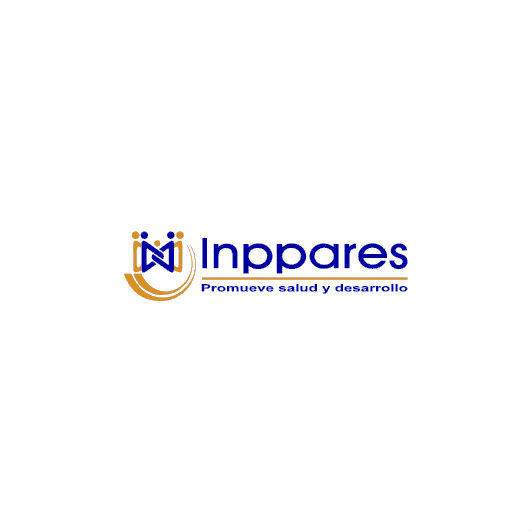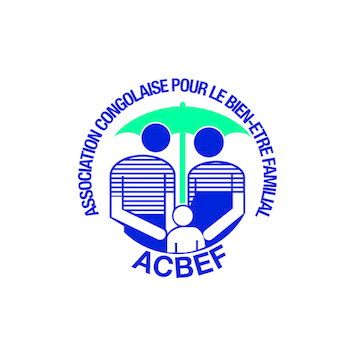

| 31 March 2016
Instituto Peruano de Paternidad Responsable
The Instituto Peruano de Paternidad Responsable (INPARRES) operates an extensive network of over 1,800 service points which include 16 permanent clinics, 1 mobile facility and over 1,000 associated facilities. Its Family Planning Brigades reach out to nearly 500,000 people in remote communities. The organization works with community groups and private doctors to integrate family planning services into maternal and child health programmes, and to conduct wide-ranging information, education and communication (IEC) activities. INPARRES also provides training in the prevention of sexually transmitted infections (STIs), including HIV and AIDS, to health workers, teachers and journalists. INPPARES’s far-reaching youth programme employs doctors, social workers, psychologists, health educators, youth volunteers, communications experts and employment counsellors to undertake outreach work in schools, youth centres, communities and a wide range of informal outdoor locations – including beaches, markets and music events. INPARRES holds sexual and reproductive health fairs 3 times a year together with government ministries and campaigning groups such the Ministry of Health, the Homosexual Movement of Lima and Via Libre (an AIDS organization). Contacts Website: www.inppares.org Facebook: https://www.facebook.com/INPPARES/ Twitter: https://twitter.com/INPPARES

| 31 March 2016
Association Congolaise pour le Bien-Etre Familial
The Association Congolaise pour le Bien-Etre Familial (ACBEF) opened its doors for the first time in 1987. Then it was a small operation dedicated to attending to the sexual and reproductive health (SRH) needs of the urban poor. 25 years later, ACBEF reaches out to the whole country through a network of over 100 community-based distributors (CBDs) backed by static clinics and permanent staff. In addition, ACBEF relies on over 1,000 volunteers, including fully-trained peer educators and a Youth Action Movement. ACBEF provides a comprehensive range of services covering integrated family palnning, voluntary counselling and testing (VCT), prevention and management of HIV and AIDS, post-abortion care, antenatal and post-natal care, youth-friendly education and information projects, contraceptive and laboratory services. Stigma and taboos around HIV and AIDS are strong in Congo, and ACBEF is engaged in major re-education and sensitization on this front. ACBEF aims its work at a wide public, with particular emphasis on young people (aged 25 and under), internally displaced people, sex workers and women of child-bearing age. Work occurs in both rural and urban areas. With high visibility in the national media, ABCEF is making major inroads in SRH in a very difficult environment. ABCEF works in close partnership with the government’s ministries of Health, Foreign Affairs, and Gender, and with non-governmental organizations (NGOs) including Jeunesse Action Sida. ABCEF receives financial support from the European Union, UNFPA and the Congolese Government. Website: http://www.acbef.org/







